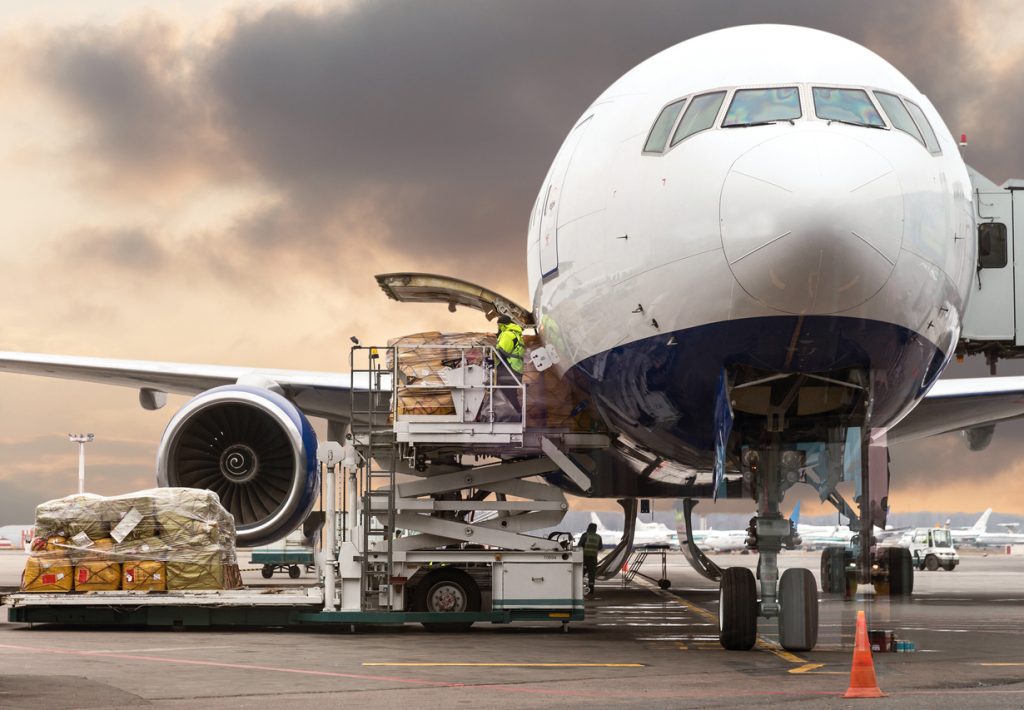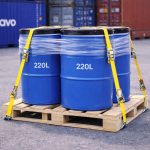1. What Is Air Freight Forwarding?
Air freight forwarding involves using logistics experts (freight forwarders) to coordinate the shipment of goods by air. These professionals manage the full logistics process—from cargo pickup to customs clearance and final delivery—ensuring goods arrive in Nigeria efficiently and compliantly.
2. Why Use a Freight Forwarder?
Freight forwarders streamline the complex international shipping process by:
- Booking cargo space on airlines
- Arranging consolidation or express services
- Preparing shipping and customs documentation
- Coordinating with local agents in Nigeria for final delivery
- Tracking shipments and handling unexpected delays or inspections
They serve as a vital link between exporters abroad and consignees in Nigeria.
3. Common Origin Countries for Air Freight to Nigeria
- China – Electronics, textiles, industrial goods
- United States – Machinery, personal effects, pharmaceuticals
- United Kingdom – Engineering tools, automotive parts, household items
- United Arab Emirates – Fashion, perfumes, and high-end goods
- India and Turkey – Manufacturing materials, fabrics, appliances
Cargo is typically routed to Lagos (LOS) or Abuja (ABV) before being transported across Nigeria.
4. Transit Times and Service Options
| Service Type | Delivery Time | Description |
|---|---|---|
| Express Air Freight | 2–4 business days | Time-critical delivery with tracking |
| Standard Air Freight | 5–8 business days | Balanced option for speed and cost |
| Consolidated Freight | 7–12 days | Grouped cargo for cost efficiency |
Transit time depends on origin, carrier schedules, and customs processing.
5. Documentation Required
To ensure smooth air freight forwarding to Nigeria, the following documents are typically needed:
- Air Waybill (AWB)
- Commercial Invoice
- Packing List
- Certificate of Origin (if applicable)
- Import Permit or Form M (for commercial imports)
- Pre-Arrival Assessment Report (PAAR)
- National Identification (NIN) or Tax ID of the receiver in Nigeria
Proper documentation reduces the risk of shipment delays or detention at customs.
6. Key Benefits of Using Freight Forwarding Services
- Time-Saving: Let professionals handle booking, customs, and logistics
- Cost Transparency: Accurate quotes that include handling, duty, and inland delivery
- End-to-End Management: From factory pickup to warehouse delivery in Nigeria
- Customs Expertise: Forwarders are experienced with Nigerian import rules and can handle PAAR processing, Form M filing, and duty payments
- Flexibility: Choose airport-to-airport, door-to-door, or port-to-warehouse options
7. What to Expect on Arrival in Nigeria
- Lagos (Murtala Muhammed Airport) is the most used air cargo hub
- Customs clearance typically takes 2–4 business days if documents are in order
- Forwarders arrange for port handling, inspection, and final-mile delivery
- Tracking updates are provided throughout the process
✅ Final Takeaway
Air freight forwarding to Nigeria is the ideal solution for businesses and individuals seeking speed, reliability, and expert handling of their international shipments. Whether importing electronics, machinery, textiles, or personal items, freight forwarders ensure cargo arrives quickly, securely, and in full compliance with Nigerian regulations.
Travo.ng offers seamless freight forwarding services—from booking and consolidation to customs clearance and final delivery across Nigeria.







